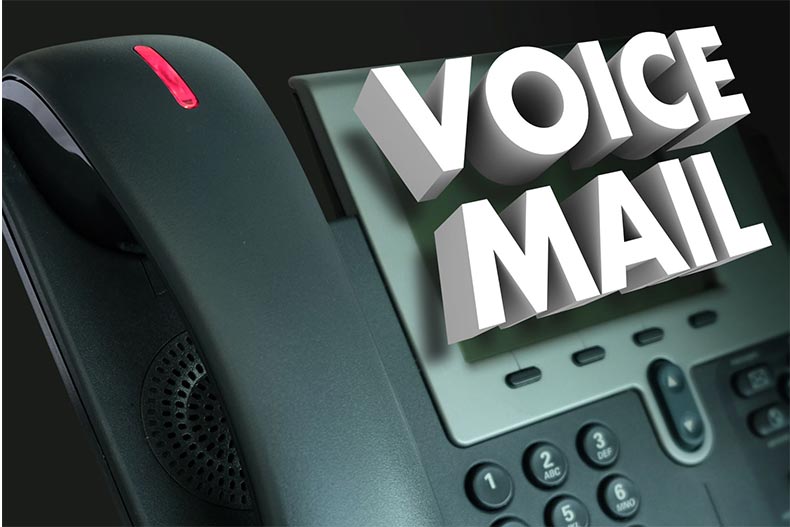



Those include counting inventory and developing profiles of individual customers based on the data it collects along the way. They also complete many tasks that take place behind the scenes.

In short, POS systems manage point of sale transactions. Each business’s POS system will look a little different, based on its needs. And that requires a collection of the right point of sale hardware components that can carry out the tasks you need completed. Restaurants, for example, need different hardware components than retail stores do.
#Point of sales system benefits software#
Rather, it is a customizable network of software and hardware components that work together to complete a vast assortment of simple and complex tasks. POS software is the brain of the operation, connecting and synchronizing the functioning of POS hardware components.Įach POS system can be configured to meet users’ needs. How Do Point of Sale Systems Work?Ī POS system is not a static machine or process. Thus, the cash register was born, and the seeds of the modern POS system were planted. Observing an on-board machine that counted the number of times the ship’s propeller went around, he wondered if he could create a machine that counted and recorded the number and amount of cash transactions that took place in his bar. And cash registers are still at the center of many POS systems today.įUN FACT: James Ritty first had the idea for a cash counting machine while on a steamboat trip to Europe. It all started with a simple cash register. They have evolved over the last century and a half to include a dizzying array of software and hardware components. This allowed Ritty and Birch to track sales against the cash they had in the register. From there, POS systems were born. In the beginning, the machine just counted money. Their goal was to prevent employee theft and embezzlement of incoming revenue. So, they invented the first cash register. Those two guys were named James Ritty and John Birch and their invention was called Ritty’s Incorruptible Cashier. In 1879, two saloon owners in Ohio decided they needed a better way to keep track of money coming in and out. Save it, share it, and refer back to it any time you need questions answered or need to reference any aspect of POS systems and their functions.Īs we kick off, we’ll start with a brief history of POS systems and how they became as ubiquitous as they are today. Think of this guide as your POS system bible. Please enable JavaScript for this form to work.įinally, we wrap up by answering frequently asked questions about POS systems to give you the most comprehensive and detailed understanding of POS systems possible. We then turn our focus to different types of POS systems and the software and hardware components that comprise them. We provide an overview of how POS systems work and the benefits of using one. There are many things you must know about POS systems to properly and effectively use one.īelow, we touch on these topics. However, that explanation just scratches the surface and only starts to answer our golden question. What Do I Need to Know About POS Systems? These include increased productivity better data storage and accessibility a better customer experience and higher levels of customer satisfaction and accelerated revenue growth.
#Point of sales system benefits manual#
The POS system automates loads of manual tasks involved in that transaction so that employees can focus on more important tasks (we’ll dig deeper into this below).īy leveraging a POS system, you generate many benefits for your business. So, a POS system ultimately refers to a combination of software and hardware tools that streamline POS transactions. That transaction is processed by a POS system. What Is a Point of Sale System?Ī point of sale is the moment when a customer completes a purchase with a vendor. In order to understand what a POS system is, we first need to understand what point of sale means. So, let’s start at the beginning by asking the golden question: What is a point of sale system?īy the end of this article, you will be able to answer this question in great detail. In this article, we give you a comprehensive understanding of point of sale (POS) systems.


 0 kommentar(er)
0 kommentar(er)
